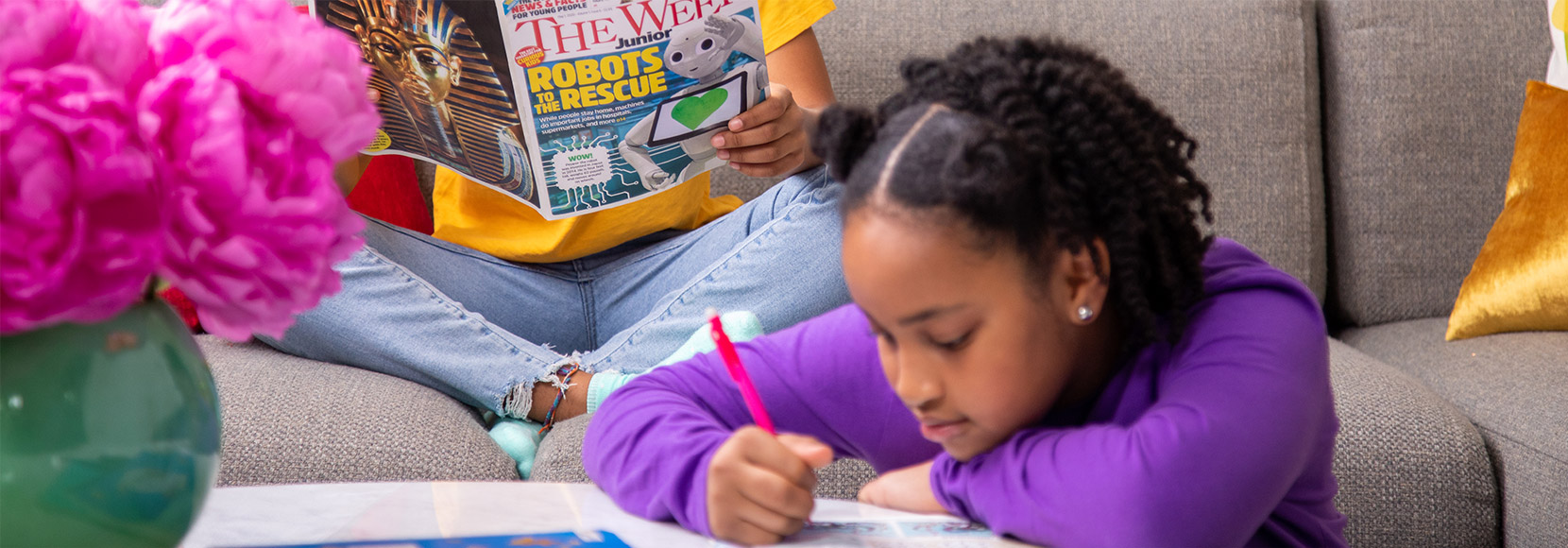How to talk to children about the Middle East
Follow us
Add us as a preferred source on Google
Get the The Week Junior US Newsletter
Sign up for our free weekly email about connecting with your child.
By submitting your information you agree to the Terms & Conditions and Privacy Policy and are aged 16 or over.
You are now subscribed
Your newsletter sign-up was successful
An account already exists for this email address, please log in.
Subscribe to our newsletter

(Image credit: Future)

(Image credit: Future)
A message from our editorial director, Andrea Barbalich
Hello to The Week Junior community,
We know that many children have questions about what's happening in the Middle East, especially after the US became directly involved on June 21. Here are some thoughts about how to handle these sensitive discussions.
- Answer kids’ questions honestly, without providing more detail than is appropriate for their maturity level. We hope The Week Junior’s approach, which is to present the facts in a clear, calm, and straightforward way, will help. Here is our article from Issue 272/273.
- Limit children’s exposure to news reports intended for adults, as well as videos and photographs.
- Ask children what they know and what they think. Giving them a chance to share their thoughts helps them feel empowered, and letting them know you are there to listen is reassuring. If they are worried about something that is inaccurate, you can correct it.
- Show them a map of the Middle East and show them where Israel, Iran, and other countries are.
- Reach out. Many families—perhaps including your own—are directly affected by what is happening abroad and are in need of support. Connecting with others can help.
- Reassure children. It is natural and common for kids to wonder if the US could be attacked. Do your best to reassure them that the US has a strong military and that our leaders are doing everything they can to keep us safe at home.
- Reinforce your family's values. You can say you are concerned for people in the Middle East and the members of the military who are involved and that you hope for peace.


Adults can go here to subscribe or view parenting content

Kids can go here for activities, the big debate, and other content just for them

